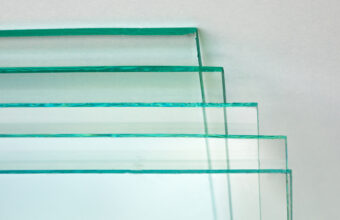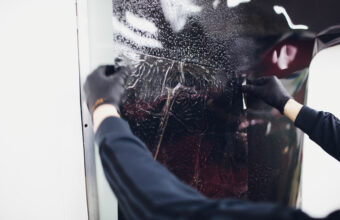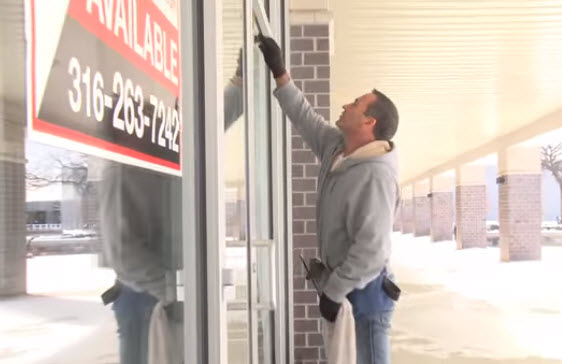Yes, tinted glass can provide UV protection, depending on the type of tint film used and its specifications. Many window tint films are designed to block a significant portion of the sun’s ultraviolet (UV) radiation, which is known to cause damage to skin, furnishings, and other interior surfaces.
UV-blocking window tint films typically contain UV-absorbing compounds or coatings that filter out harmful UV rays from sunlight.
By blocking UV radiation, tinted glass can help protect against…
- Fading and Damage – UV rays can cause fading, discoloration, and deterioration of furnishings, flooring, artwork, and other interior surfaces exposed to sunlight. Tinted glass with UV protection helps preserve the appearance and integrity of these materials by reducing UV exposure.
- Skin Damage – Prolonged exposure to UV radiation can lead to sunburn, premature aging, and an increased risk of skin cancer. Tinted glass with UV protection helps reduce UV exposure indoors, providing a safer and more comfortable environment for occupants.
- Eye Protection – UV rays can also damage the eyes and increase the risk of eye diseases such as cataracts and macular degeneration. UV-blocking window tint films help protect against UV-induced eye damage by reducing UV exposure indoors.
It’s important to note that not all window tint films offer the same level of UV protection. When selecting tinted glass for UV protection, it’s essential to choose high-quality window tint films that are specifically designed to block UV radiation. Look for tint films with a high UV protection rating or those certified by reputable organizations for UV-blocking properties.
Proper installation of tinted glass is also crucial for maximizing UV protection. Ensure that the tint film is applied correctly and covers the entire surface of the glass to prevent gaps or areas of unprotected exposure.
Tinted glass with UV protection can help create a safer, more comfortable, and healthier indoor environment by reducing UV exposure and protecting against sun damage.






